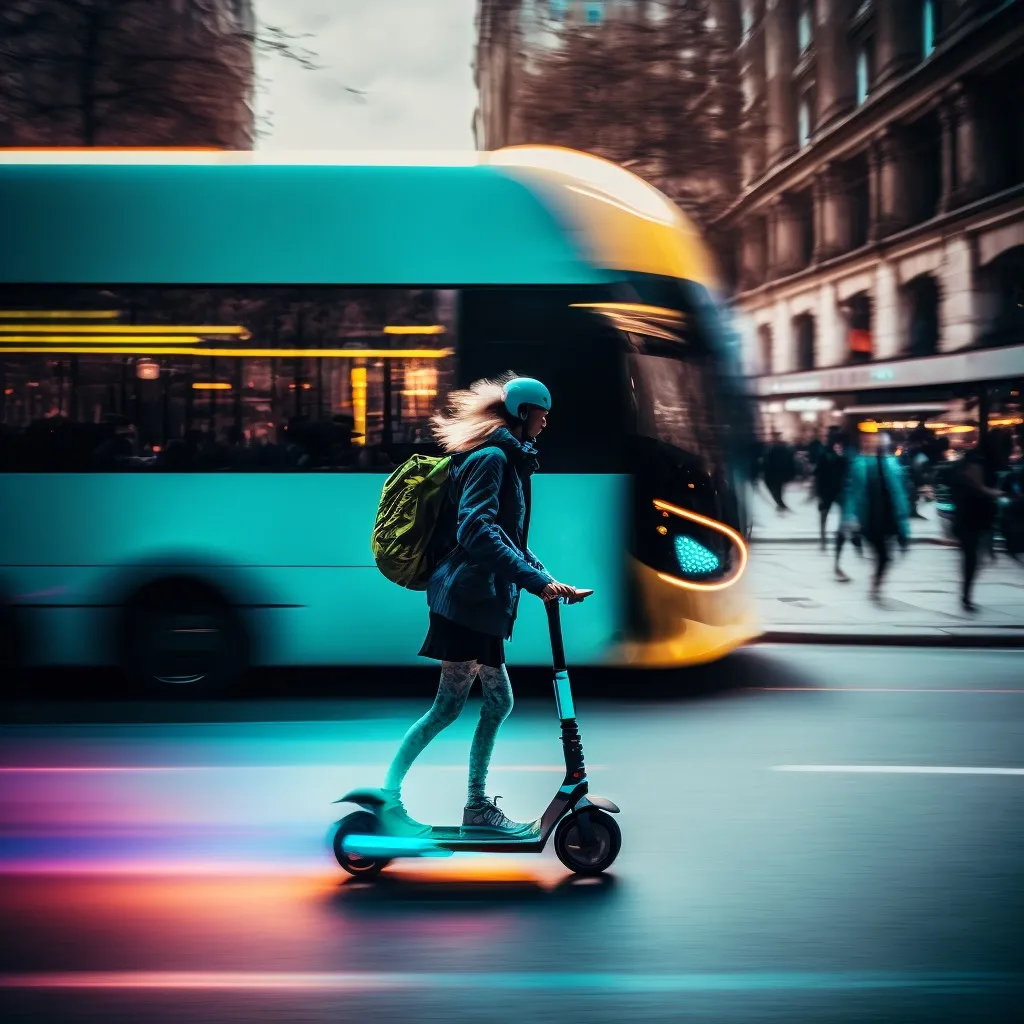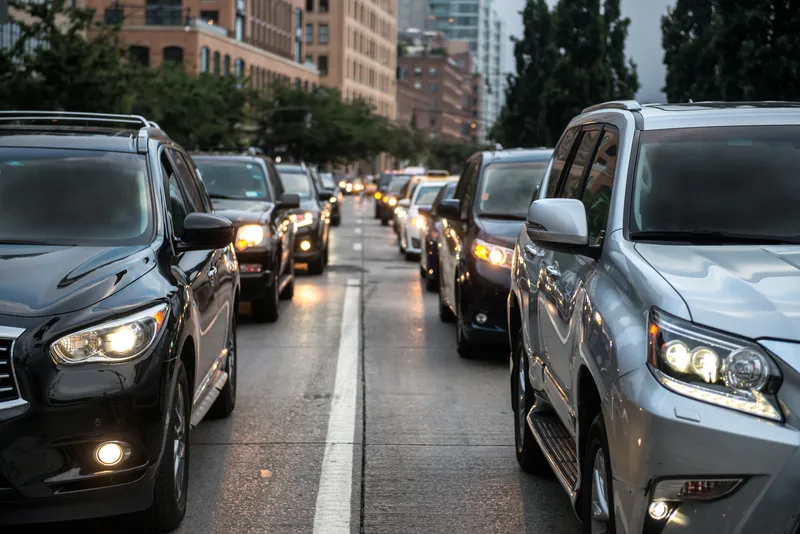
TRL Software is to use micromobility hazard data from Flare to enrich its iMAAP road safety management platform.
The companies say their aligned proposition will help to protect vulnerable road users (VRUs).
Flare's safety intelligence software and platform detects incidents in real time and the company has a consumer user base of cyclists, motorcyclists and scooters.
It works with brands such as Deliveroo and Tier to improve rider safety and provide insights on where, why and how incidents are happening.
The firms point to the recent UK government evaluation rental of e-scooter trials, where the lack of incident, hazard and safety data was cited as a key challenge in assessing the long-term viability of this form of transport.
The new partnership "will offer more detail and granularity to an area of research that has historically relied on self-report survey evidence and incomplete hospital and police records".
Flare’s Chief Commercial Officer Charlie Wilson says: "Given our joint commitments and efforts to improving road safety, it is a natural fit to be combining our expertise and specialisms in this cause. There is an increasing prevalence of micromobility operators and reliance on smaller vehicles for last-mile delivery."
Subu Kamal, TRL Software’s head of product management, says there are more than 30 deaths from road collisions a week in the UK alone.
"For customers, this partnership means Flare’s data and insights will be available through TRL’s iMAAP platform- meaning they can be used by iMAAP customers directly or by TRL specialists to provide more detailed insights and analysis," Kamal explains.









